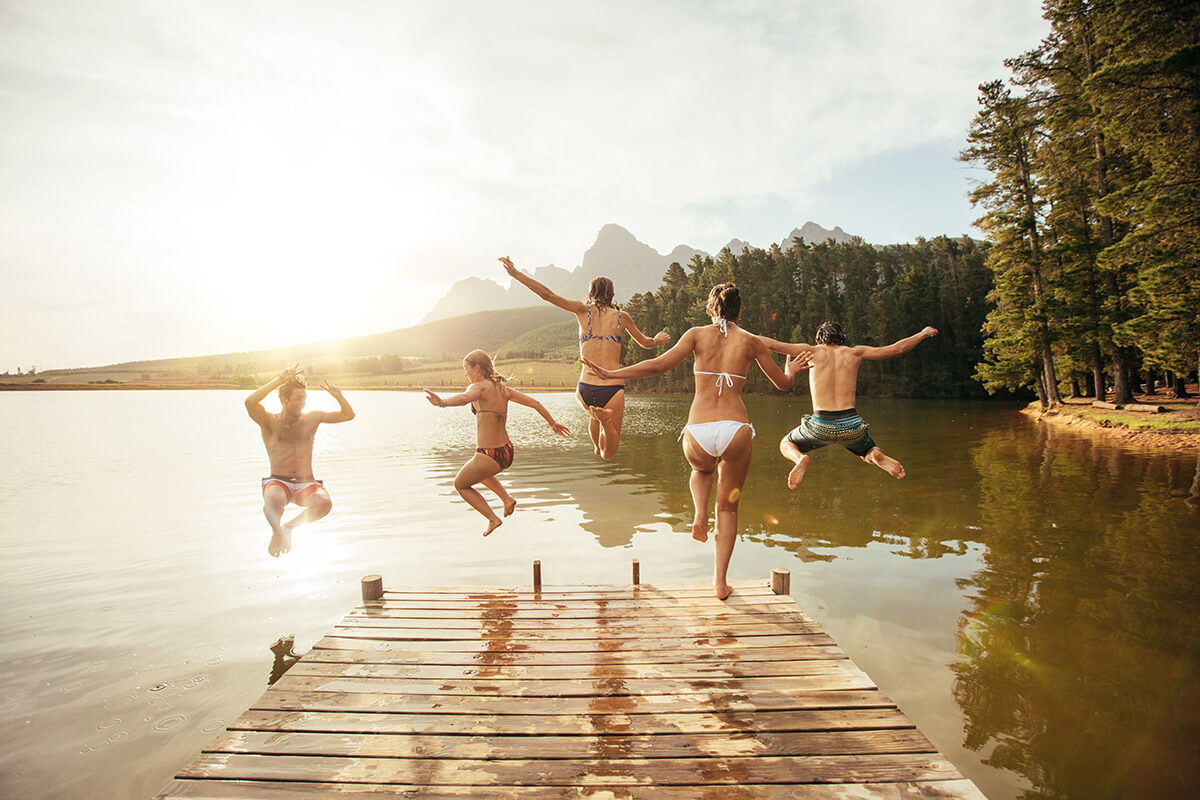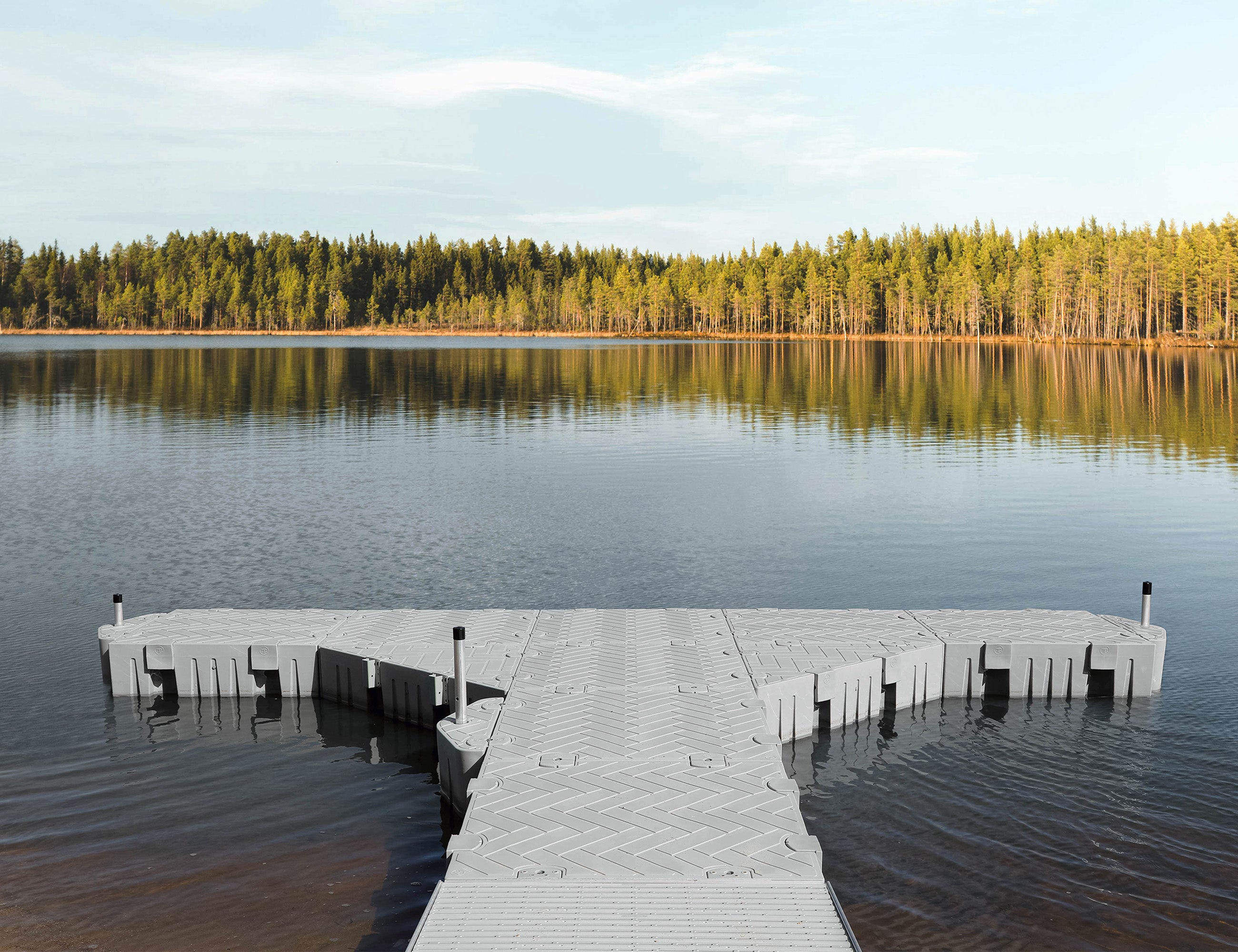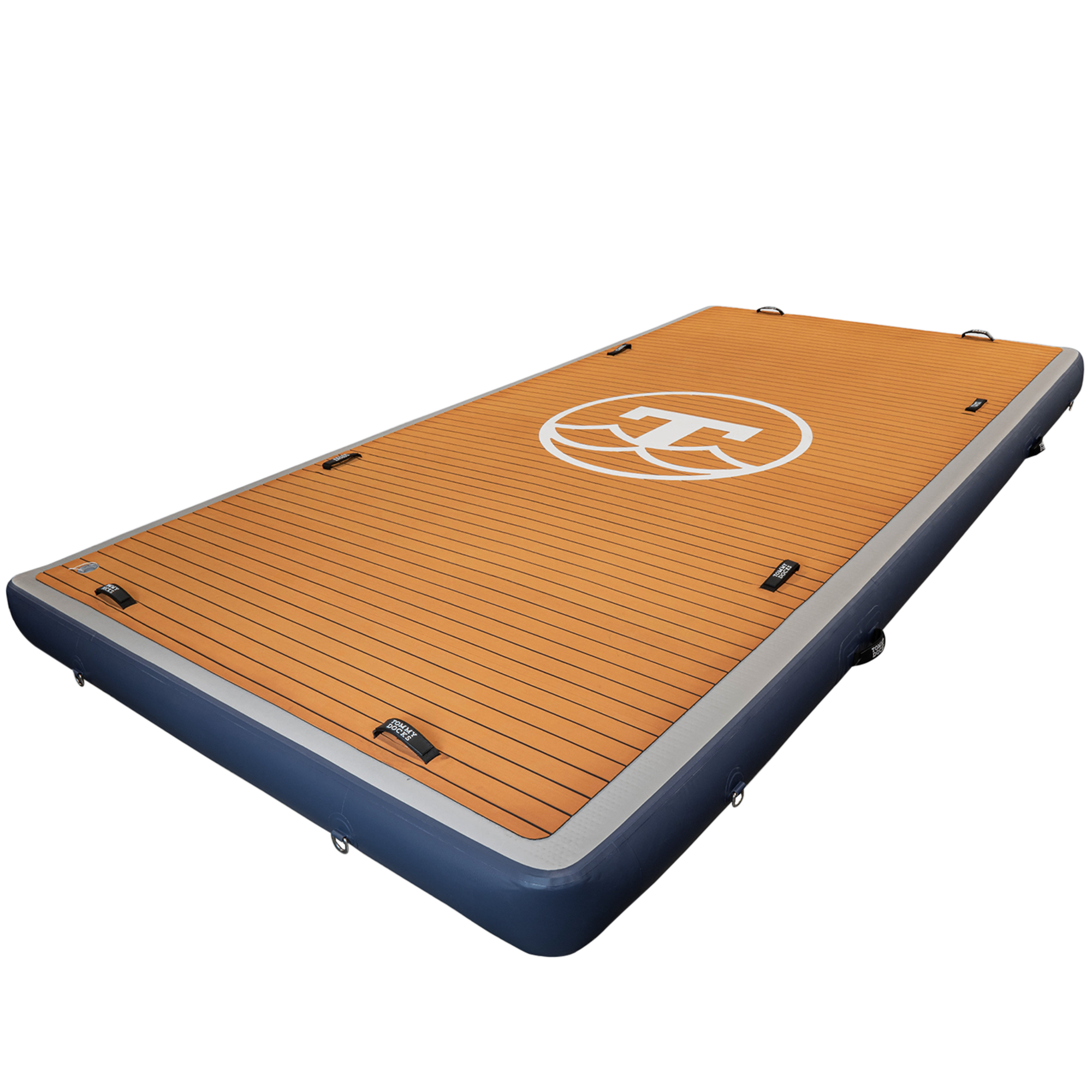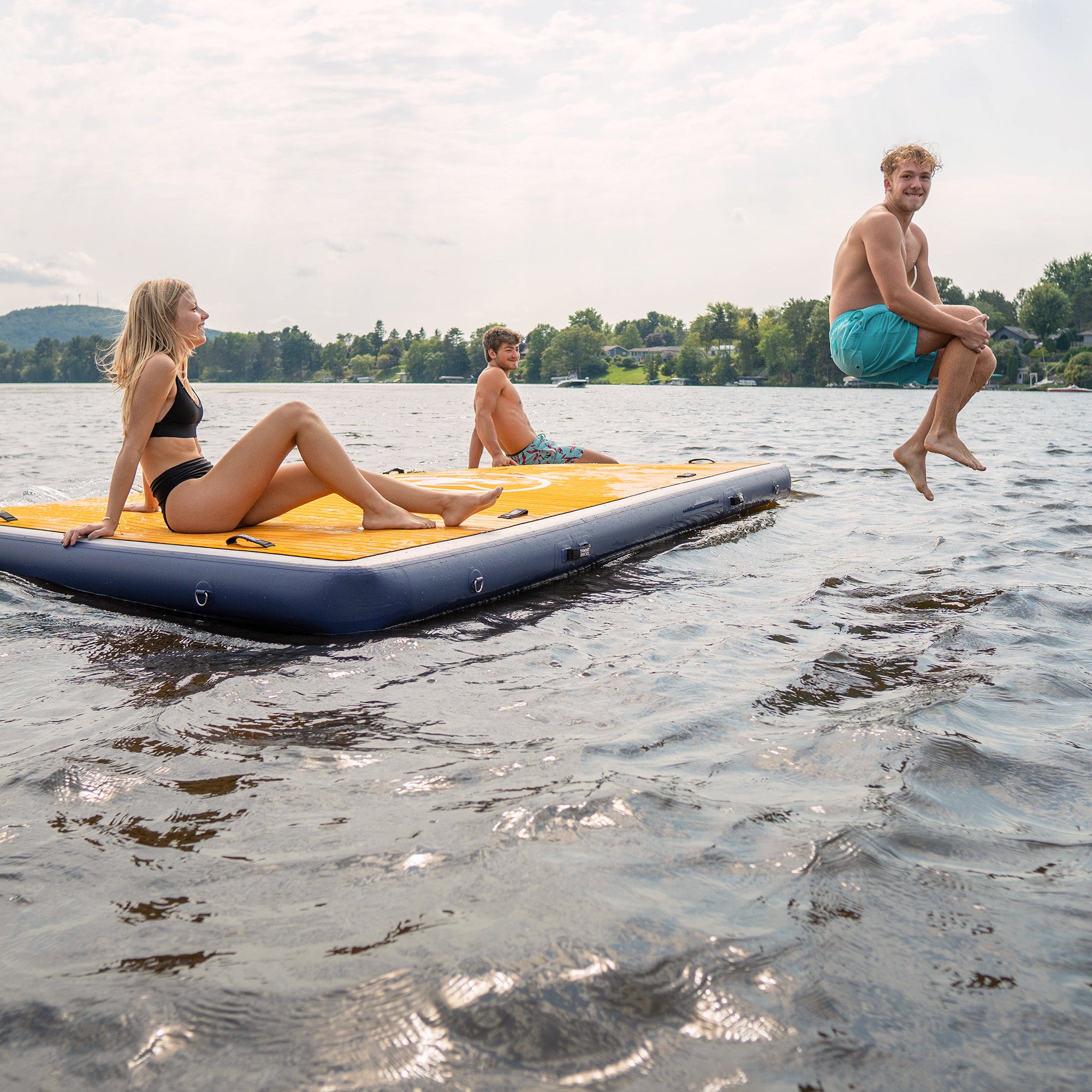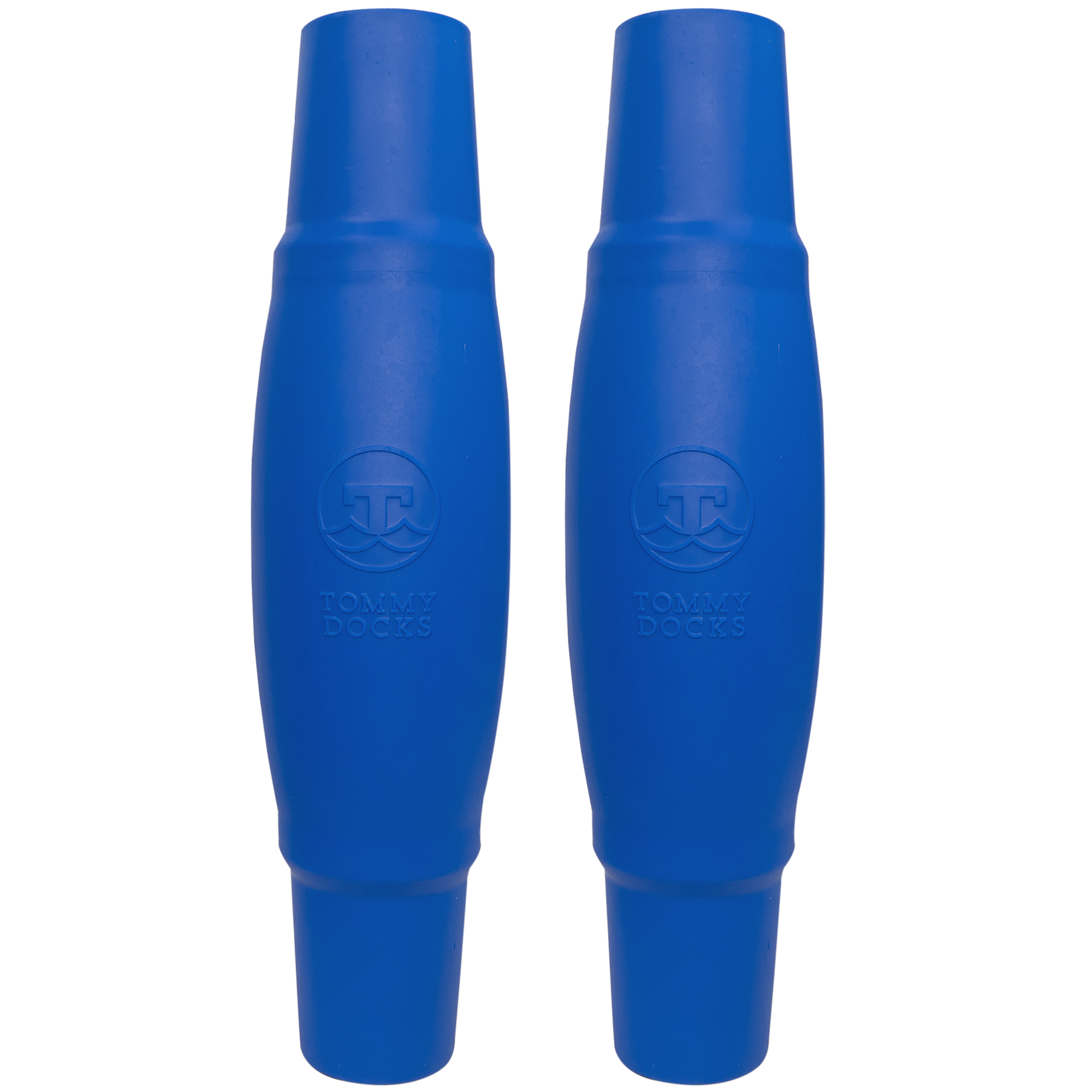The sun, the water, the relaxation – there’s absolutely nothing like lake life during the warmer months of the year. However, this year’s fun might be in question. With the ongoing problems from the Coronavirus (COVID-19), is it even possible to enjoy life on the beach and water or should you just pack it in and forget about it until next year?
Actually, there’s no need to sacrifice lake-related activities. You just need to know a few things about staying safe and proactively protecting yourself and others.
Check Your Local Regulations
First, make sure you check with your county and state to see if there are any regulations you need to know. While there aren’t many, some states have imposed limits on lake-related activities while trying to contain the spread of COVID-19. In other areas, counties and even individual cities have put new safeguards in place. The best way to proceed is to know what rules apply to you and then plan accordingly.
Stick Together
Social distancing seems easy to accomplish on the water, but the truth is that it might be a little more challenging than you think. That’s particularly true if you regularly get together with far-flung family members, friends, and acquaintances on or around the water. Every new person brings another potential infection vector (either to or from).
Being responsible while still enjoying the lake means that you need to stick together. How, though? It’s not all that difficult. Here are some simple pointers:
- Limit your group to immediate family members who live in the same household. Yes, that means you might not be able to have that lakeside cookout with your cousins or go boating with your work friends, but if you limit your group to just immediate family members, you help prevent the spread of COVID-19.
- Keep space between you and others. If you’re on the water, anchored close to other boats, make sure to leave ample space between you. If you’re in the water swimming with others, make sure to stay at least six feet away from swimmers who aren’t part of your immediate family.
- Keep an eye on the kids. Children love to play with other children. They make new friends in an instant. However, there’s the chance that those new friends might spread COVID-19 to your family (or vice-versa if your child is asymptomatic). The best option here is, once again, to ensure that your family unit is hanging out together.
- Limit your group size. Yes, that pontoon boat might be able to hold 20 or 30 people in a pinch, but understand that this is unsafe (where viral spread is concerned). Keep your groups to 10 people or fewer and understand that in some geographic areas, conservation officers and other authorities may be keeping an eye out for large groups and be required to disperse them. The same thing applies to gatherings not on boats – sandbars, islands, and the like all tend to attract crowds.
- Wear a mask when you’re not on the water. Whether you’re on the shore, your dock, or just relaxing on the deck of your boat, have a mask handy. If you’ll be around people who aren’t part of your immediate household, that mask should be on your face (no, we’re not recommending that you wear a mask while swimming).
Avoid Sharing
Lake time is sharing time. You roll out that cooler filled with ice-cold beer and sodas, sharing with friends and family. You share food around the grill, rides on inflatables and watercraft, and so much more. COVID-19 hasn’t put a complete halt to that, but it has made it important to limit your sharing. Again, this ties into limiting your group size and hanging out with just those people in your immediate household.
Keep Your Hands Clean
Have clean water and soap handy. Wash your hands frequently, particularly if you’re in a public area around the lake. The CDC says that COVID-19 isn’t transmitted by water, but it can live on dry surfaces for a surprisingly long time, so just touching the handle of a public grill after someone else has been there could lead to transmission. Washing your hands frequently will help to prevent inadvertent spread while ensuring you’re able to enjoy your time on the lake.
Practice Good Hygiene
Even though you might feel fine, it is still possible that you are an asymptomatic carrier (they exhibit no symptoms, but are contagious even so). Practicing good hygiene helps to protect others, and them doing the same helps protect you and your family. What’s meant by good hygiene, though? Avoid blowing your nose in the water. Don’t spit in the water. Try to avoid coughing or sneezing in or near the water (where other swimmers might be).
Know When It’s Too Much
There’s little you can do about crowding on the beach or in the water. When it’s sunny and warm, people want to get out and enjoy the beauty of nature. That’s their right. However, be cautious and keep an eye on the number of people around you. When it gets too crowded to stay, move to another area, or perhaps call it a day if that’s not possible.
Remember to Have Fun
While COVID-19 is having a major impact on the world and our lives, it doesn’t have to spell the end of lake life or lakeside fun. You can still get out in the sun, spend time on and in the water, and have a blast with your family. A few simple, commonsense steps can help to ensure that you and your family are safe, and protect those who might be around you while you’re enjoying the outdoors.
Contact Tommy Docks today for any of your Dock Kits, Dock Hardware, or Dock Accessory needs!

